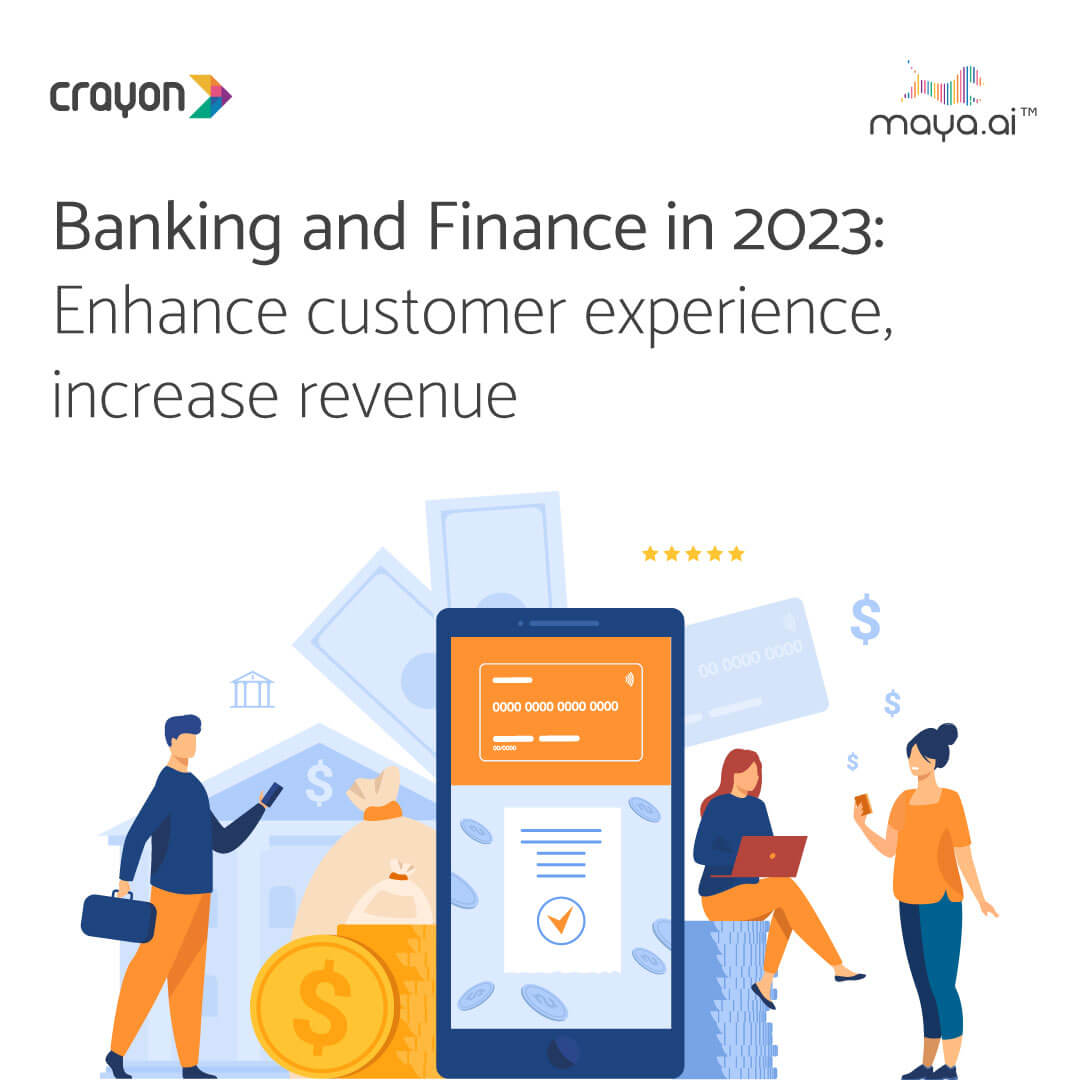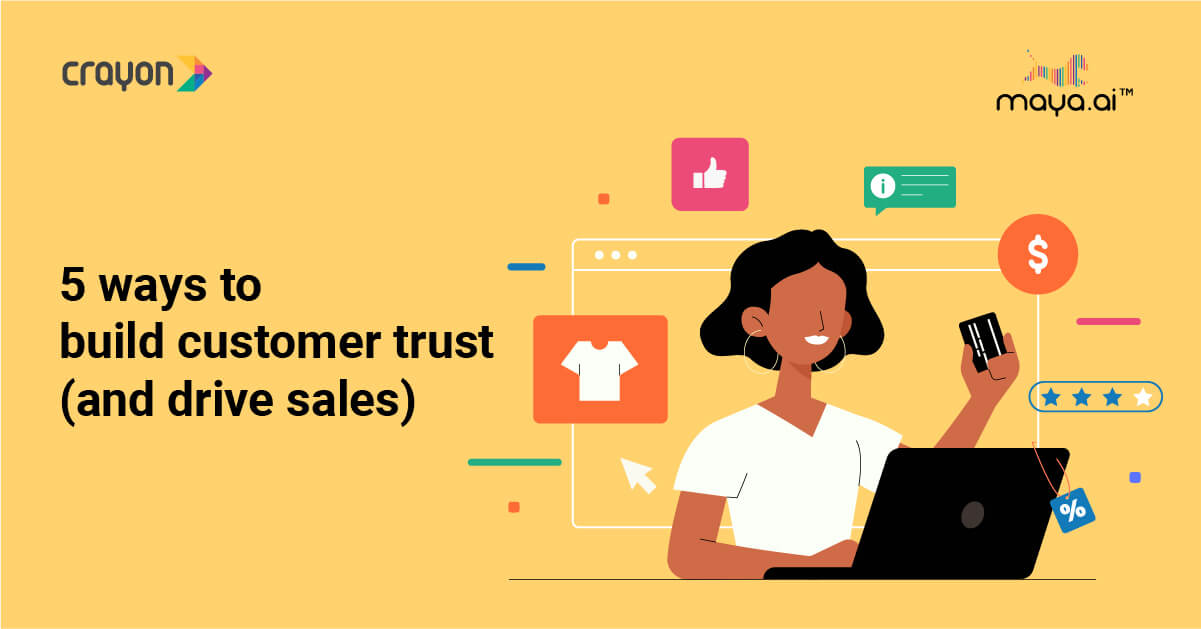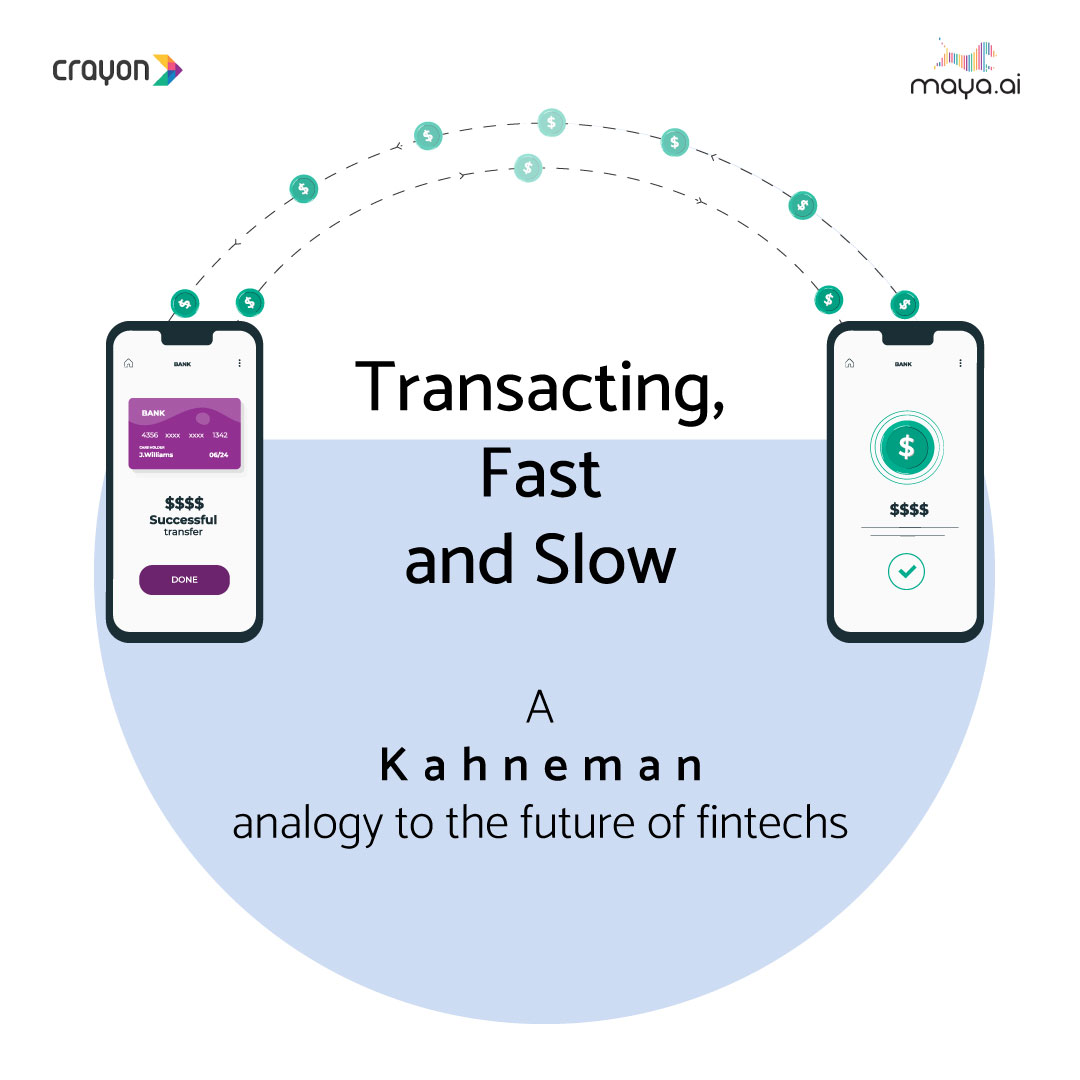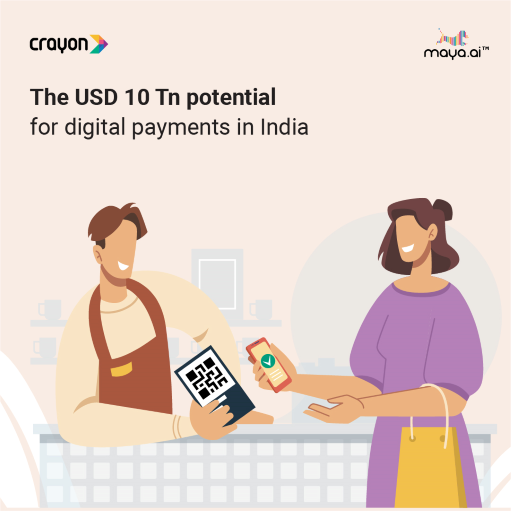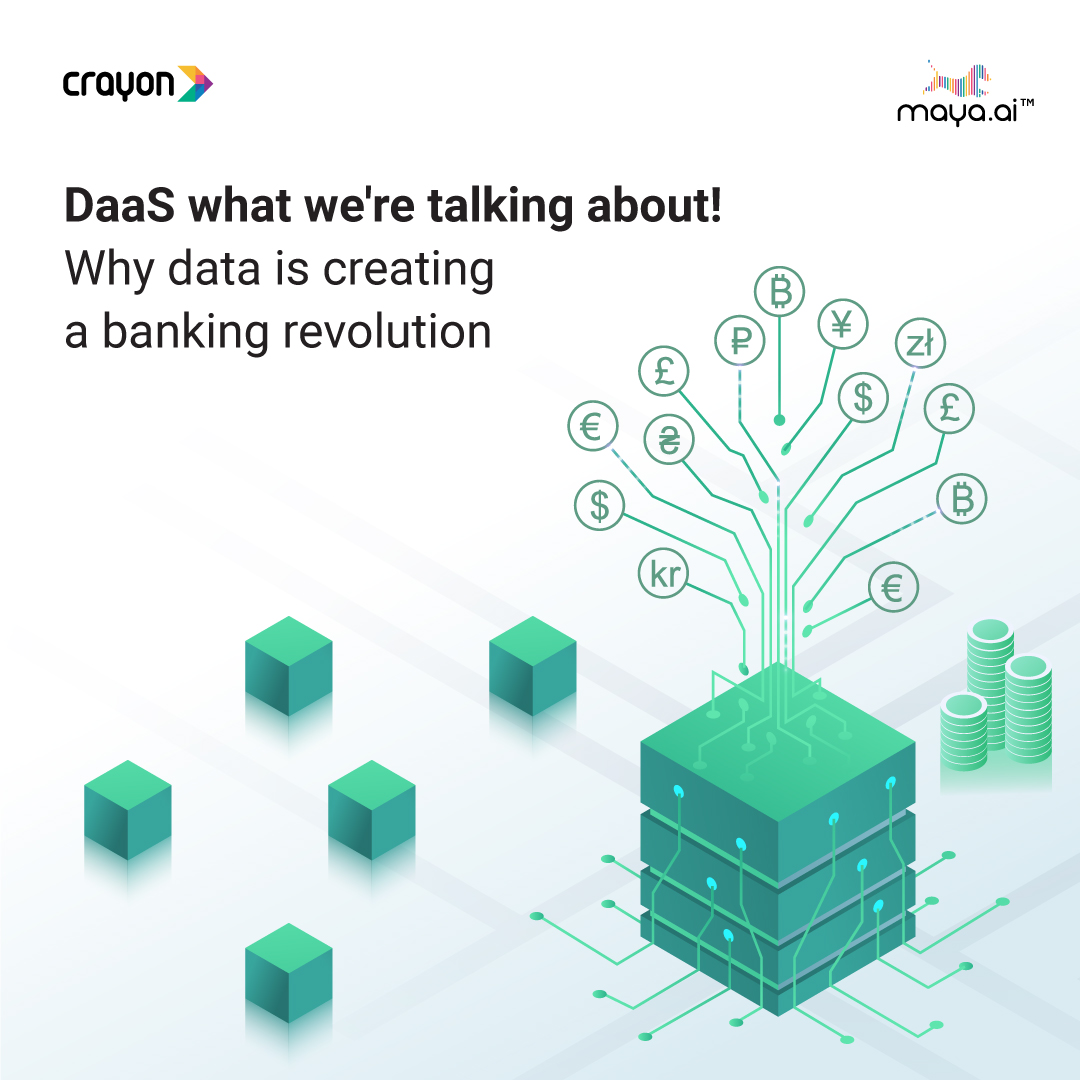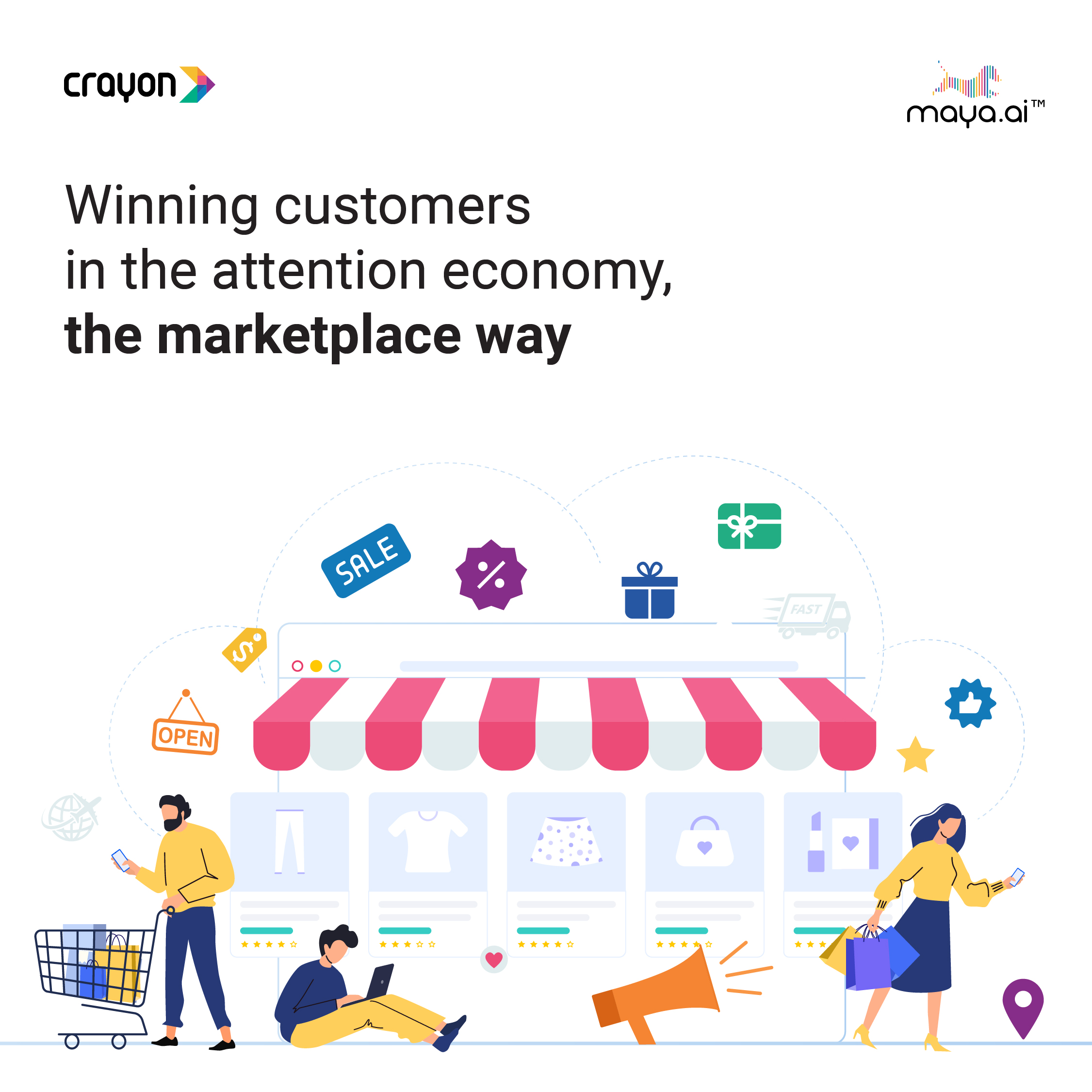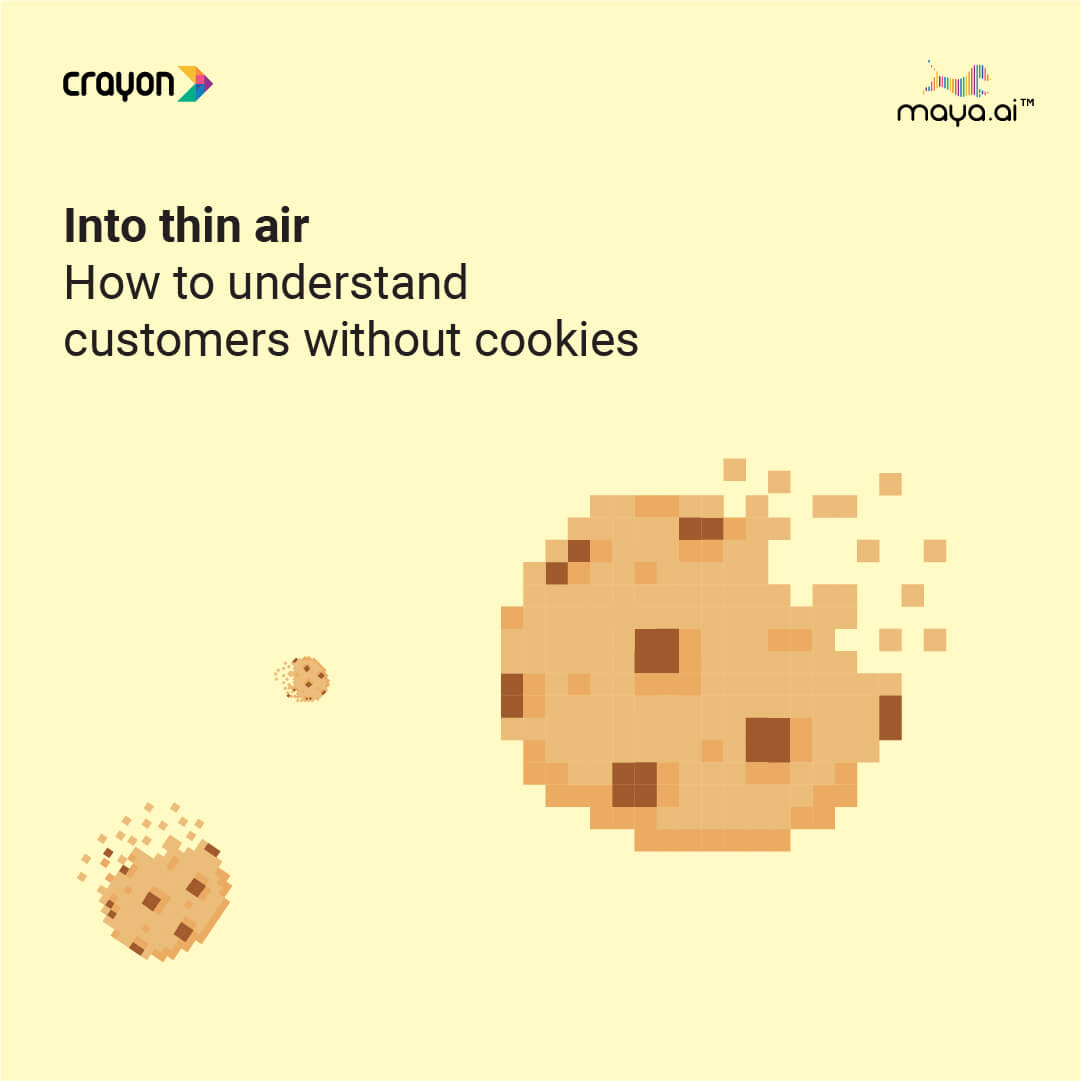“We’re in [an] incredible age where new brands are making people’s lives easier, more convenient, more personalized.” Angel investor Aileen Lee – and the person who coined the term ‘unicorn’ – sums up the future of business in one simple sentence.
With the evolution of technology, it’s now easier than ever to deliver personalized user experiences. Consumers are demanding this red-carpet treatment as part of every interaction. A McKinsey study shows that nearly 71% of participants expect personalization. And 76% are annoyed when their expectations are not met.
An influx of technologies like Artificial Intelligence (AI) and Machine Learning (ML) can help in this process. In fact, the software-based personalization market is predicted to soar. It is expected to jump from $943.25 million in 2022 to $2.72 billion by 2027.
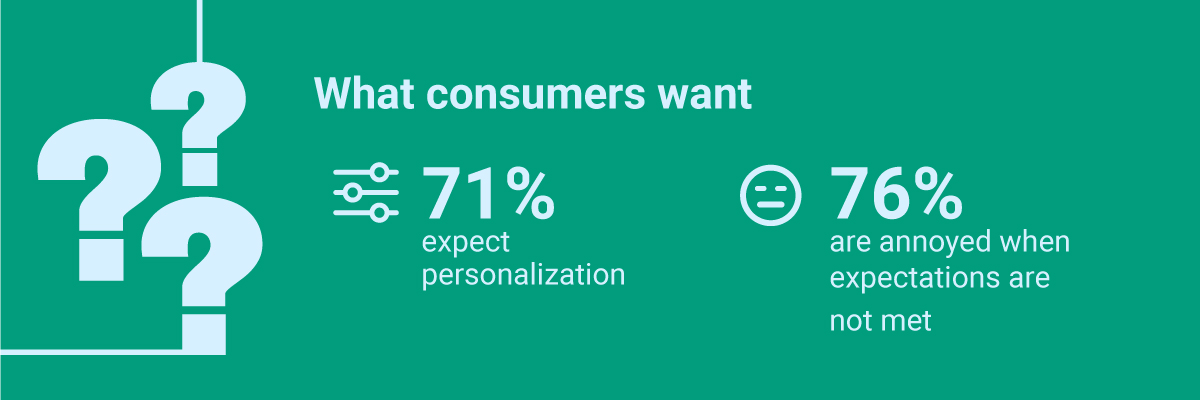
Here are five emerging trends that are shaping the future of personalization, based on Twilio Segment’s report.
1. Customers reward businesses who get personalization right.
Relevant product recommendations, offers and discounts that match their lifestyle, and an omnichannel experience across platforms can make all the difference. Close to half the respondents on the survey said that they repeat purchases when personalization is offered.
Companies are putting in the work to understand their audience. James Riso, VP of Insights and Analytics, Daily Harvest, says, “We have active conversations with our customers to understand who we’re talking to, how we should communicate with them, what their preferences are, and then continuously learn from their behavior across all our touchpoints.”
The resulting increase in customer loyalty also leads to an increase in ROI (return on investment). Consumers spend 34% more on average when their experience is personalized. That’s a share-of-wallet that enterprises don’t want to miss!
2. Omnichannel strategies are slowly, but surely, gaining importance.
Omnichannel personalization leverages algorithmic decision-making and delivers real-time, contextually relevant experiences to customers. The benefits for brands include increased conversions, revenue boosted by up to 20X, and improved customer loyalty and retention.
However, only 35% of companies feel they have a successful omnichannel strategy in place. Although 6 out of 10 have increased their investment in personalization since 2021, many lack the confidence or resources to implement such full-scale initiatives.
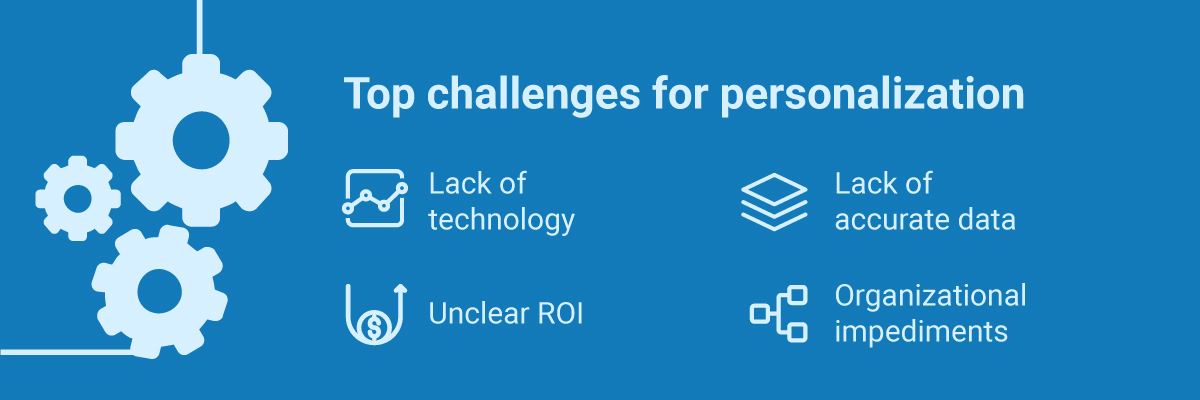
3. First-party data is the future.
As the cookiepocalyse draws closer, we’re seeing a marked decrease in dependency on third-party data. Companies are futureproofing by increasing their focus on collecting and utilizing first-party data instead.
Since 2021, there has been a 6% increase (to 37%) of brands who solely use first-party data for personalizing customer experience. Top reasons for doing so include higher quality of data and ease of managing it since they own it. Plus, governments across the world are implementing stringent data privacy regulations. Having their own data increases data security for customers as well.
4. Finding balance in the personalization-privacy paradox.
There’s a fine line between knowing what someone likes and having stalker-level information about them. So, how can enterprises make highly relevant recommendations to their customers without coming off as creepy? The answer: being transparent and trustworthy.
60% of customers rate these as the top traits they look for in a brand. Companies have a long way to go if they want to be top-of-mind for the right reasons: only 40% of consumers say they trust brands to keep their data secure and use it responsibly.
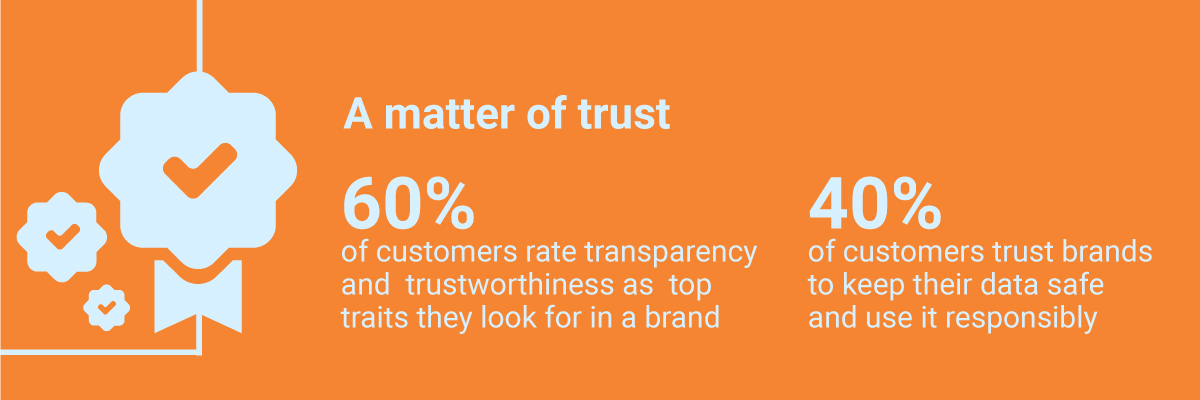
As said earlier, cutting out intermediary data sources and third parties could increase customer trust. Securing consumers’ personally identifiable information (PII) from hacks and being GDPR compliant is vital. Transparency could also make data sourcing easier. 63% of consumers are fine with personalization as long as brands are using their own data and have not purchased it.
5. Personalization gets a sophisticated makeover.
As more enterprises begin to personalize, there will be an increased need to stand out from the crowd. The bar moves higher every single day, as tech solutions evolve rapidly. Simply adding their first name to a generic e-mail doesn’t count anymore!
Going beyond surface-level personalization involves constantly understanding customers as their needs change. It can be as simple as knowing which channels they prefer most and engaging with them there. 67% of consumers want to be able to interact with retail brands on more than one channel. Subsequently, 53% of brands are focusing on building up existing channels of communication.
AI-based personalization can help enterprises stay on top of all these trends.
New-age recommendation engines and platforms like maya.ai are equipped to
- Accurately predict customer preferences
- Create relevant engagement across channels
- Ensure data privacy
- Increased real-time interactions
When it comes to the Banking, Financial Services, and Insurance (BFSI) industry, customer expectations of personalization are higher. Especially because they trust these enterprises with plenty of invaluable personal information, including transaction data.
Since consumers know that the first-party data they’re sharing can be used effectively, the usual gamut of customer engagement tactics do not work anymore. There’s no excuse for
- Lack of 1-1 recommendations
- Irrelevant offers
- Spray and pray marketing strategy
- Inconsistent digital interactions
Banks must keep in touch with customer attitudes and be ready to alter their approach as they evolve. An all-encompassing strategy which keeps data privacy and relevance at the forefront is the answer to succeeding at the personalization game.
Want to know more about maya.ai and its personalization capabilities? Talk to our AI experts today!
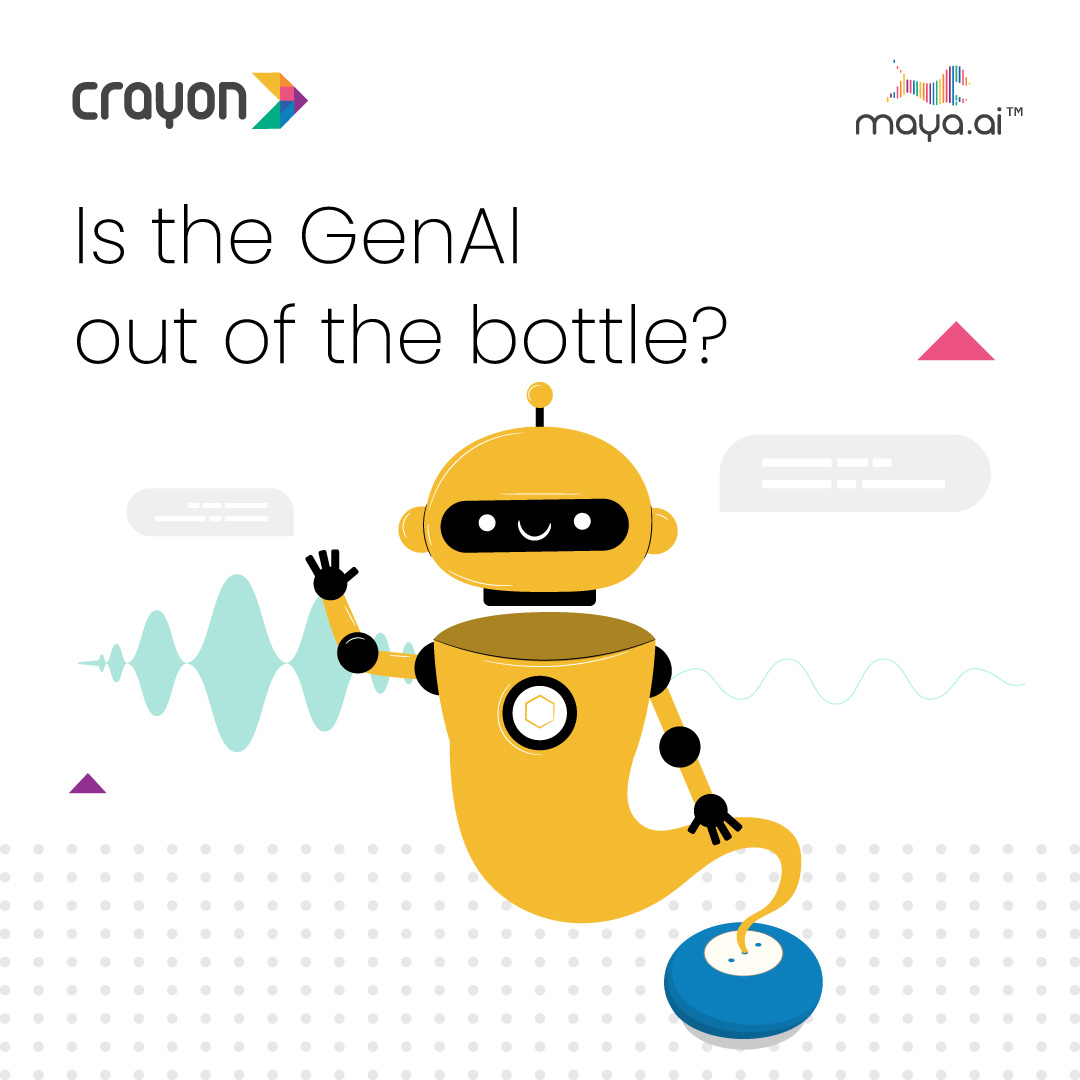
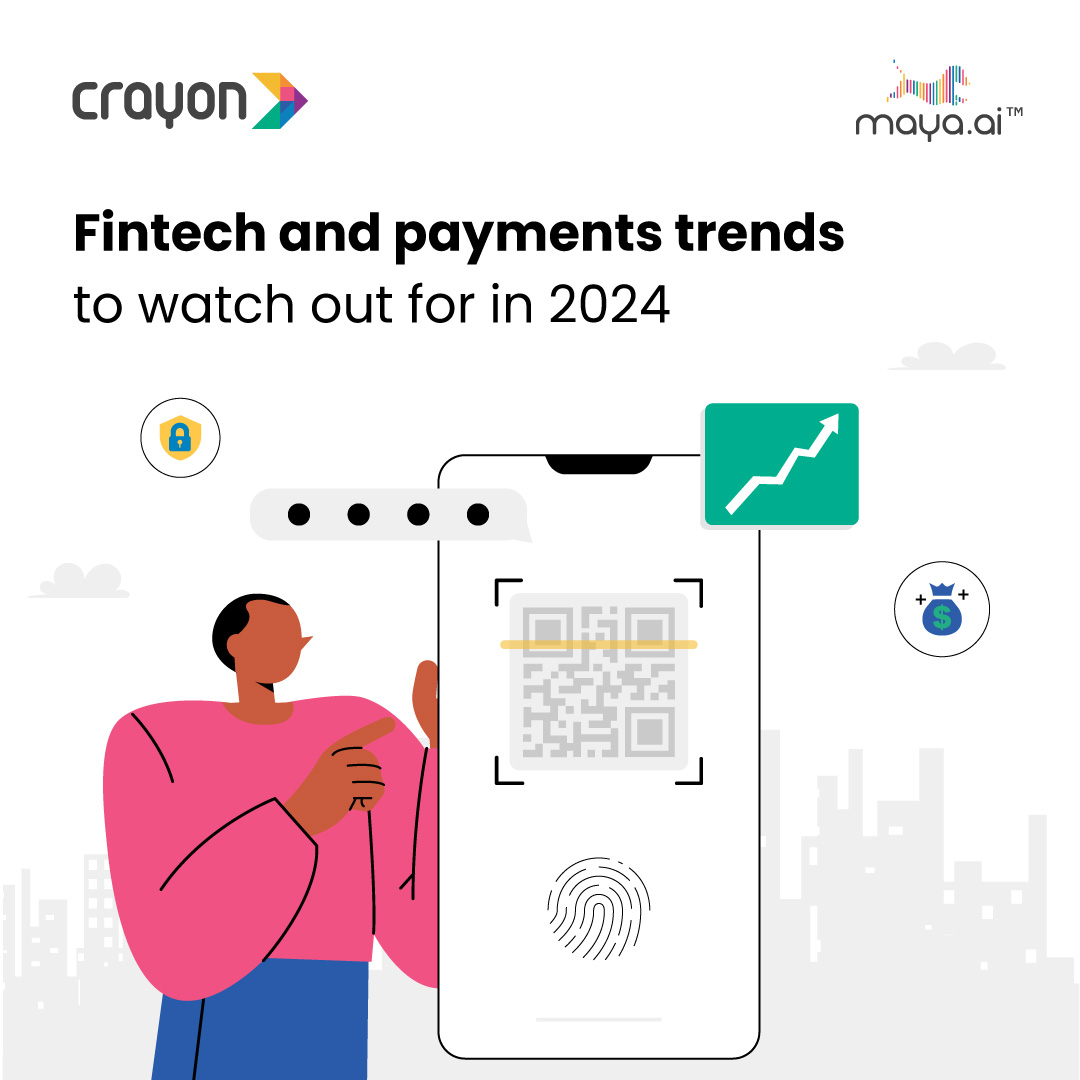
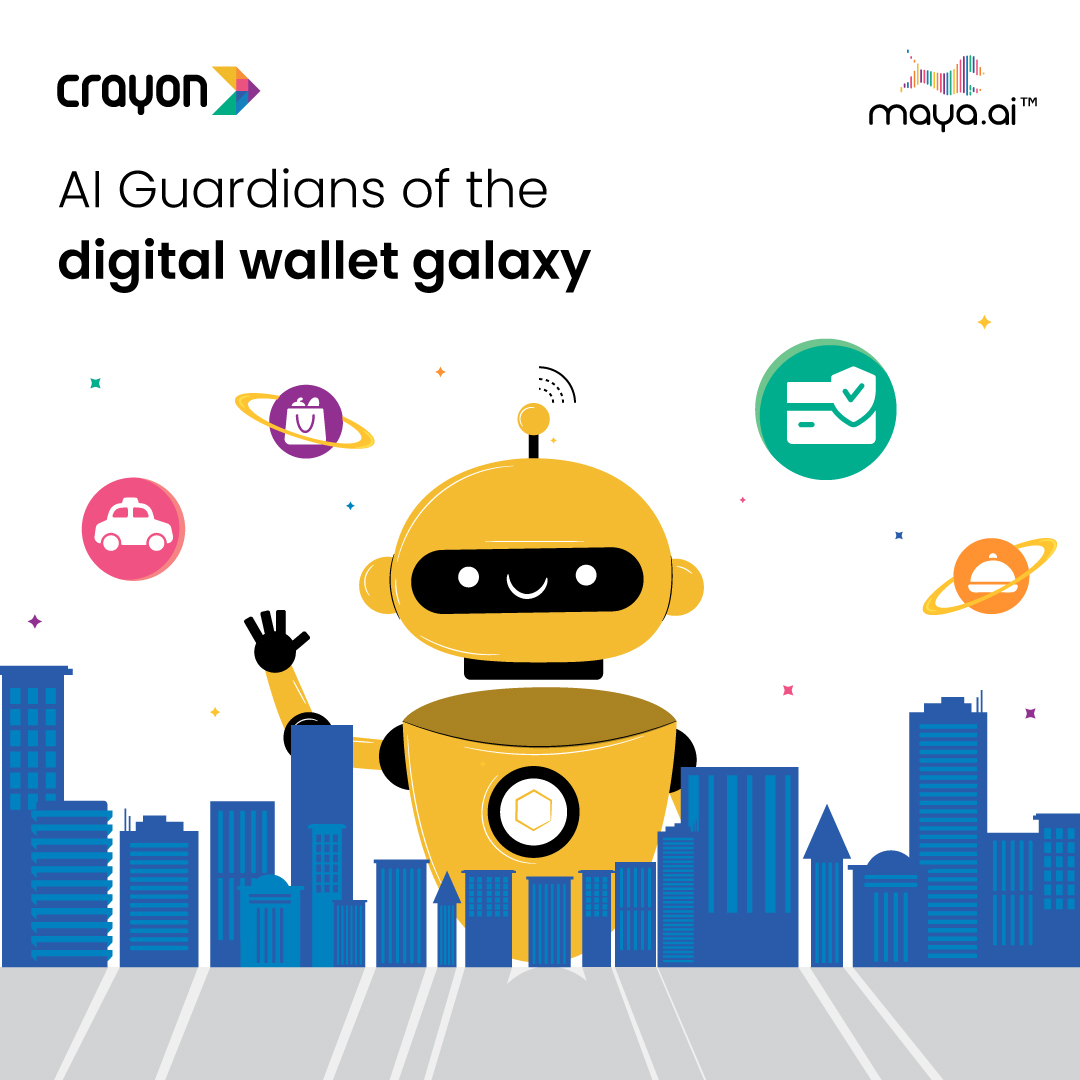
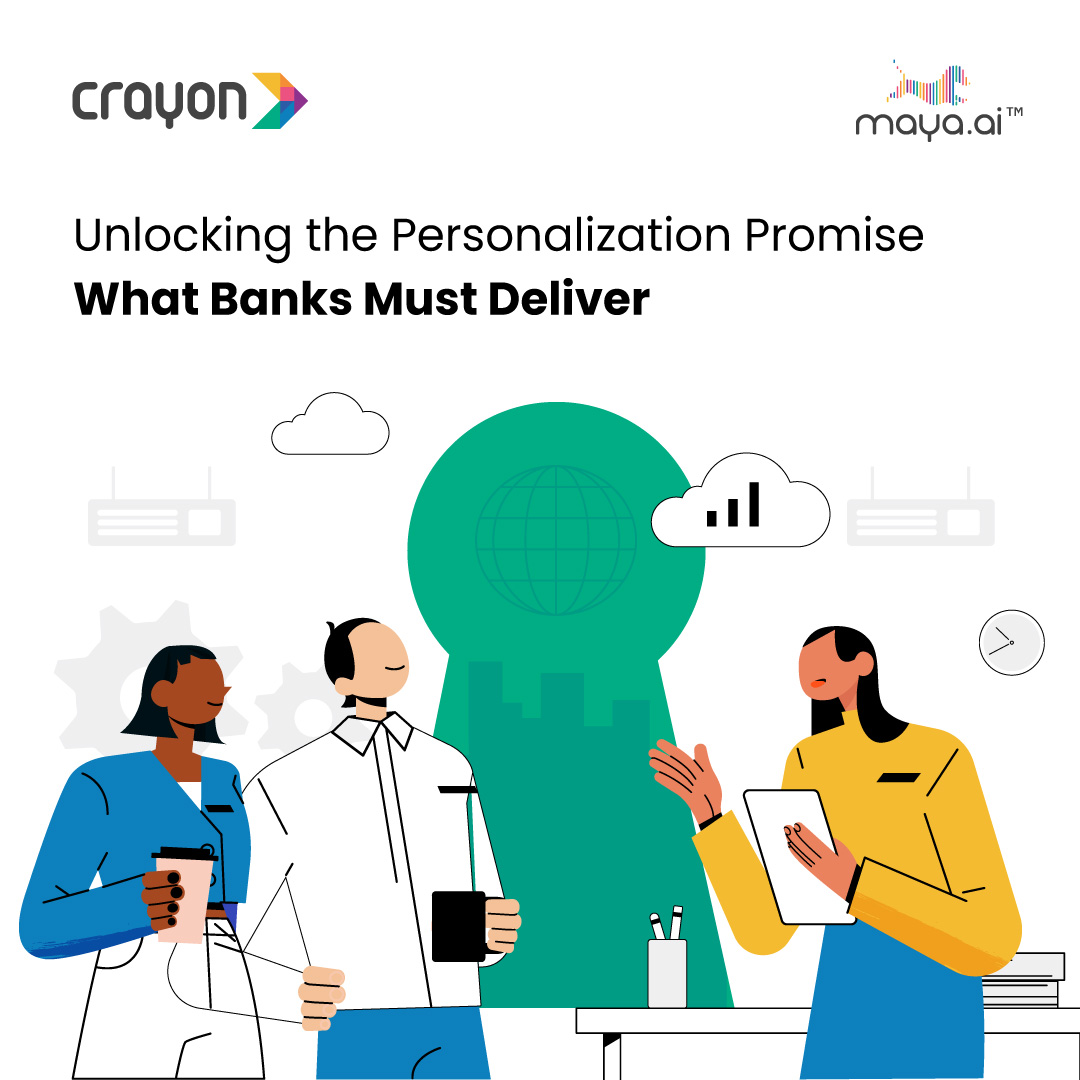

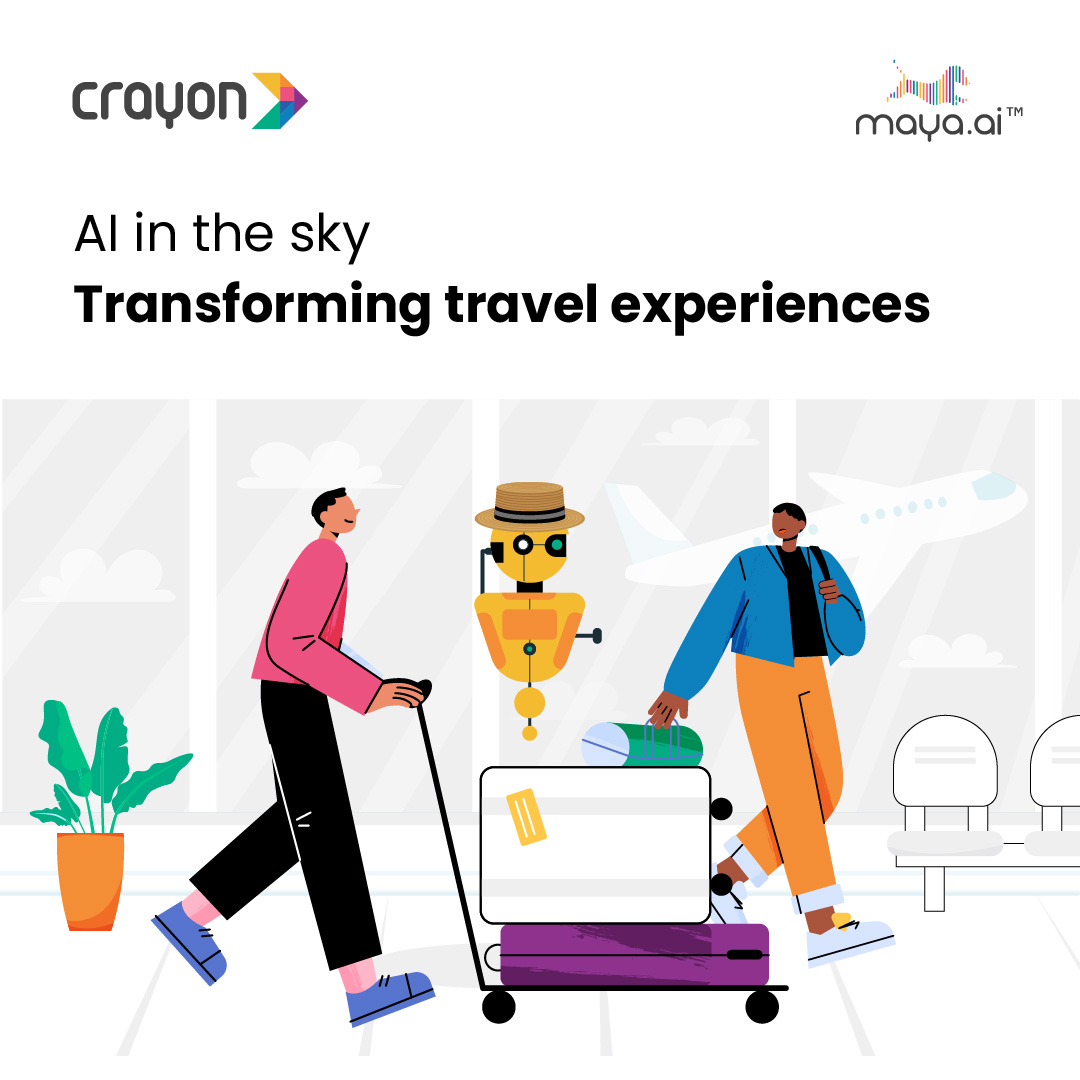
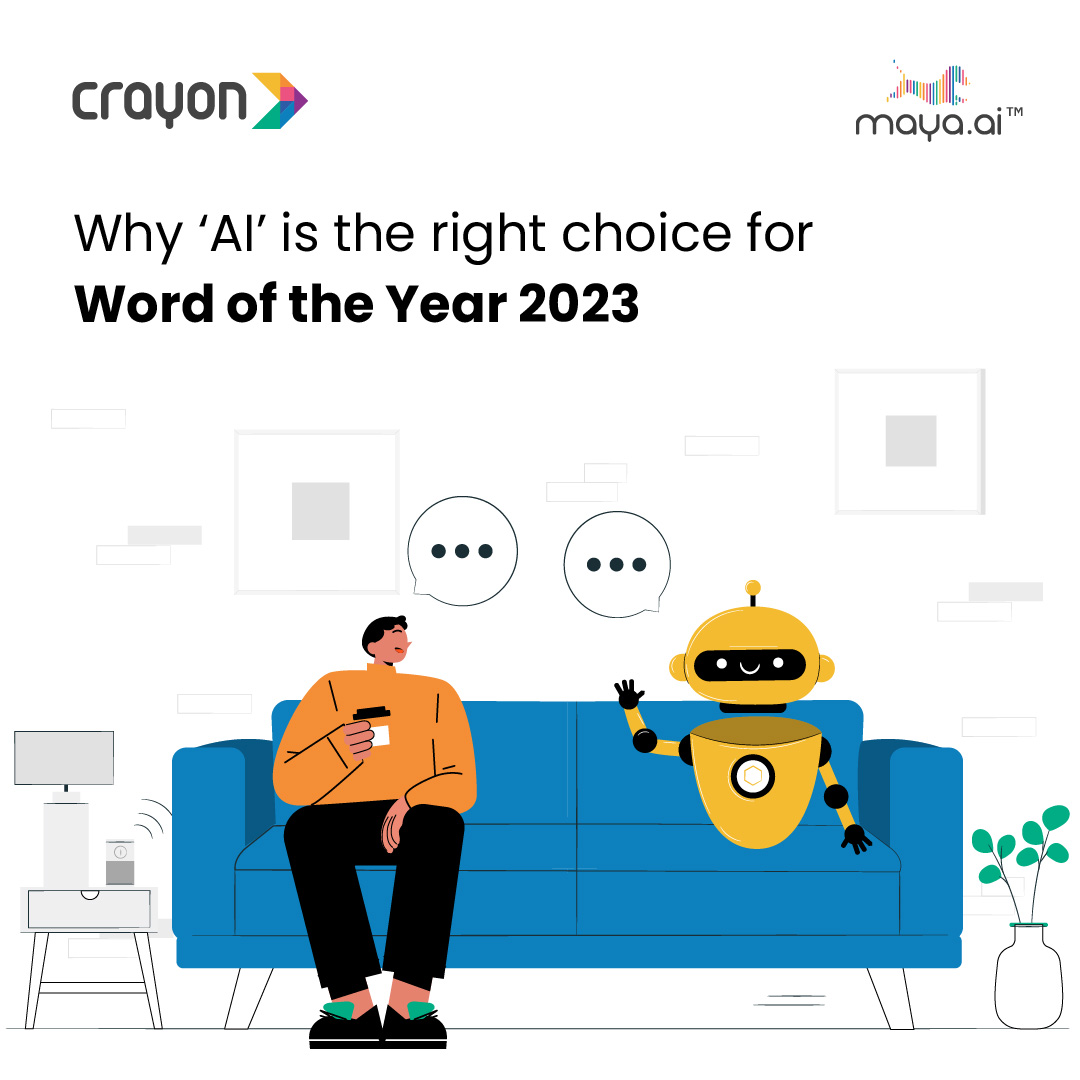
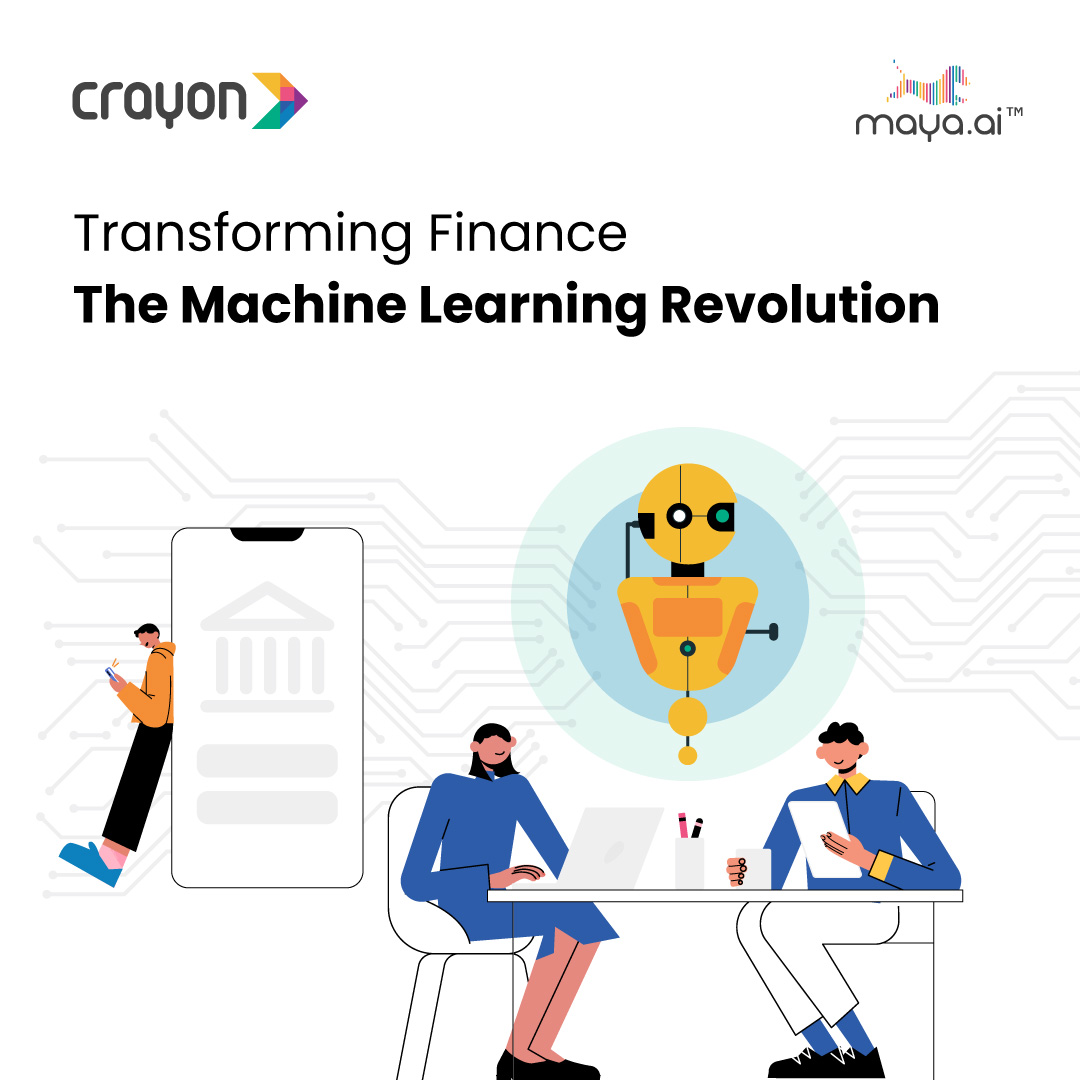
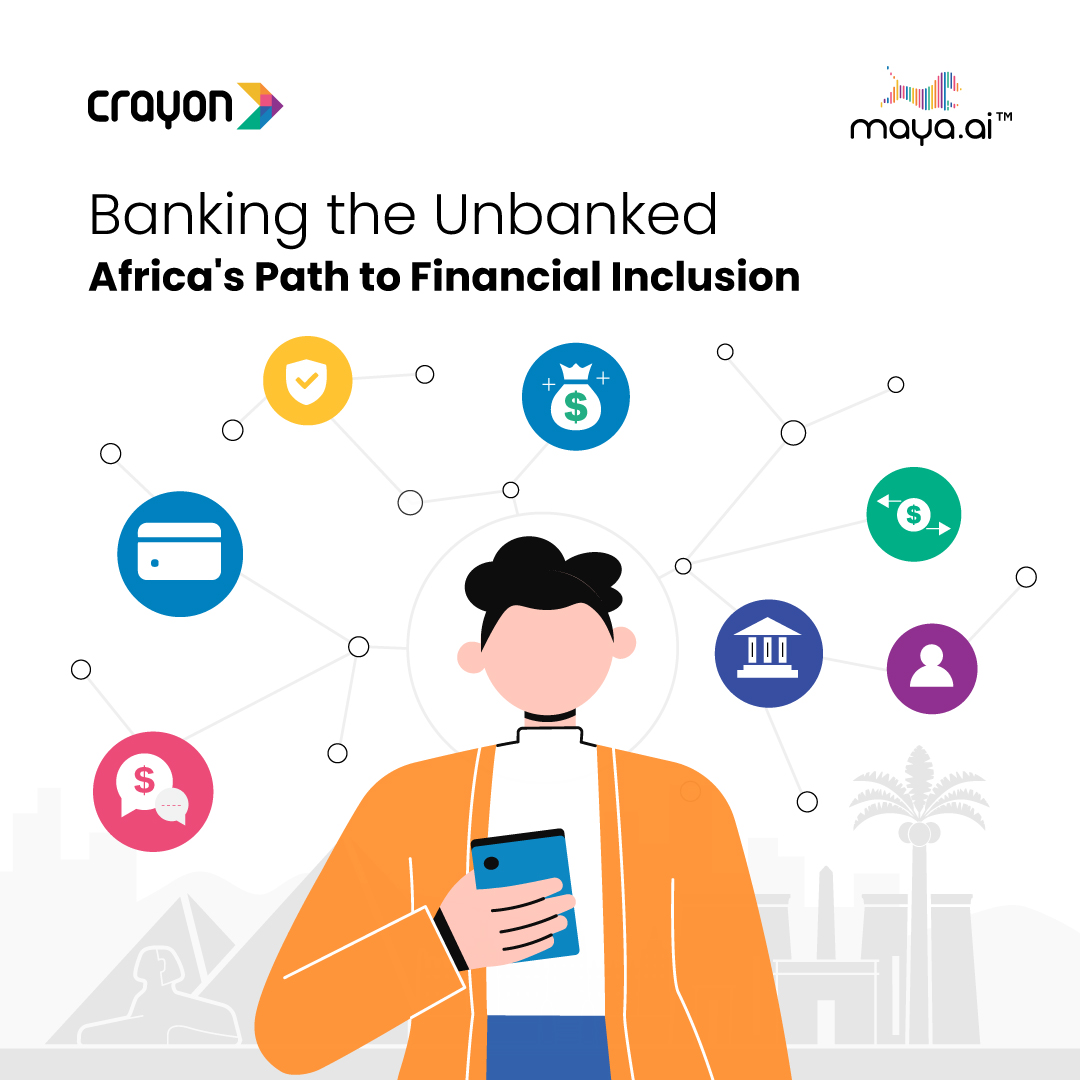

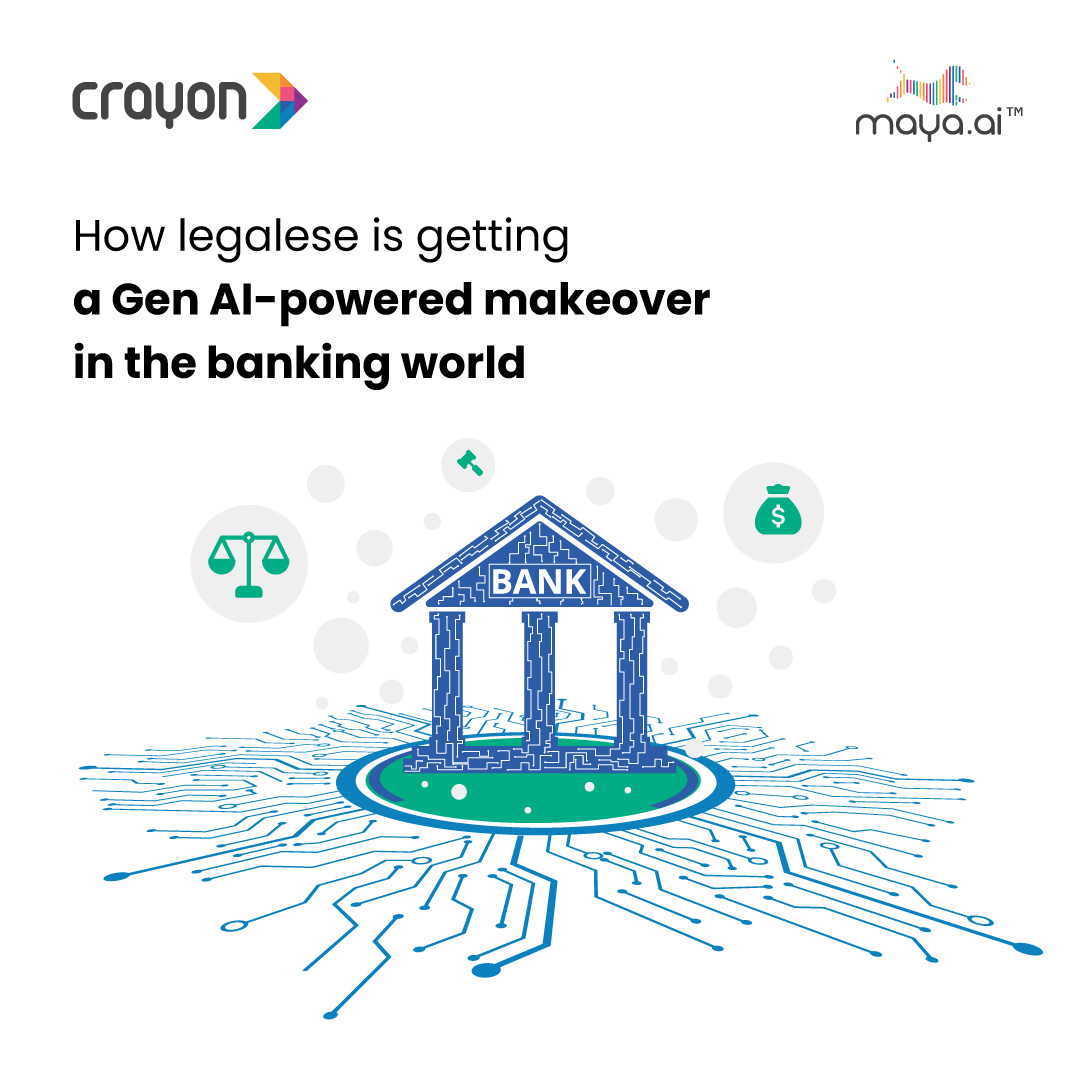

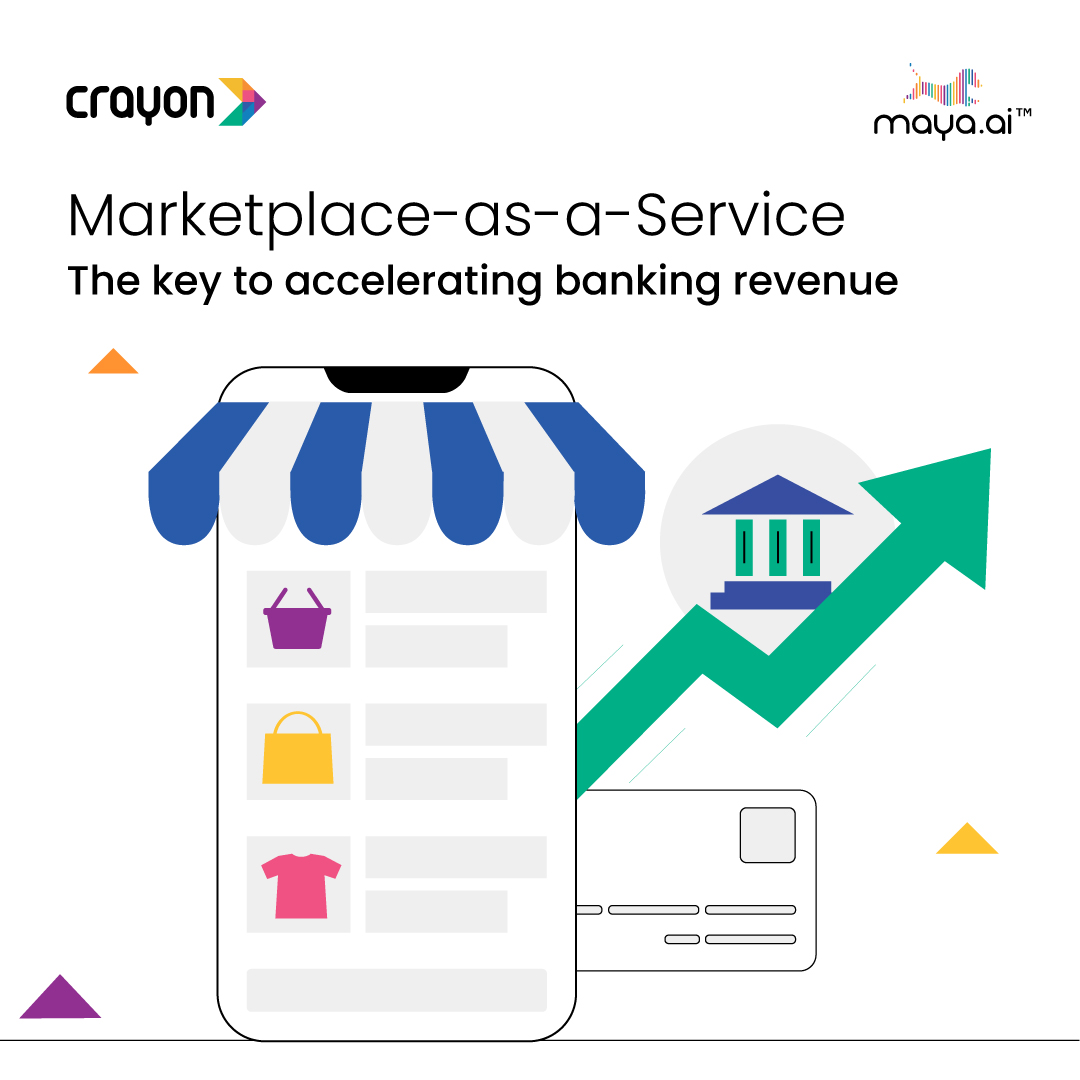
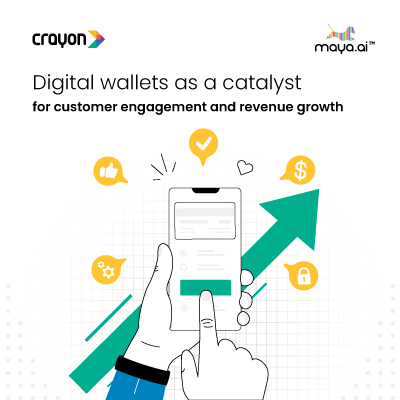

![Slaves to the Algo: AI podcast by Suresh Shankar [Season 1]](https://crayondata.ai/wp-content/uploads/2023/07/AI-podcast-by-Suresh-Shankar.jpg)
![Slaves to the Algo: an AI podcast by Suresh Shankar [Season 2]](https://crayondata.ai/wp-content/uploads/2023/08/version1uuid2953E42B-2037-40B3-B51F-4F2287986AA4modecompatiblenoloc0-1.jpeg)
